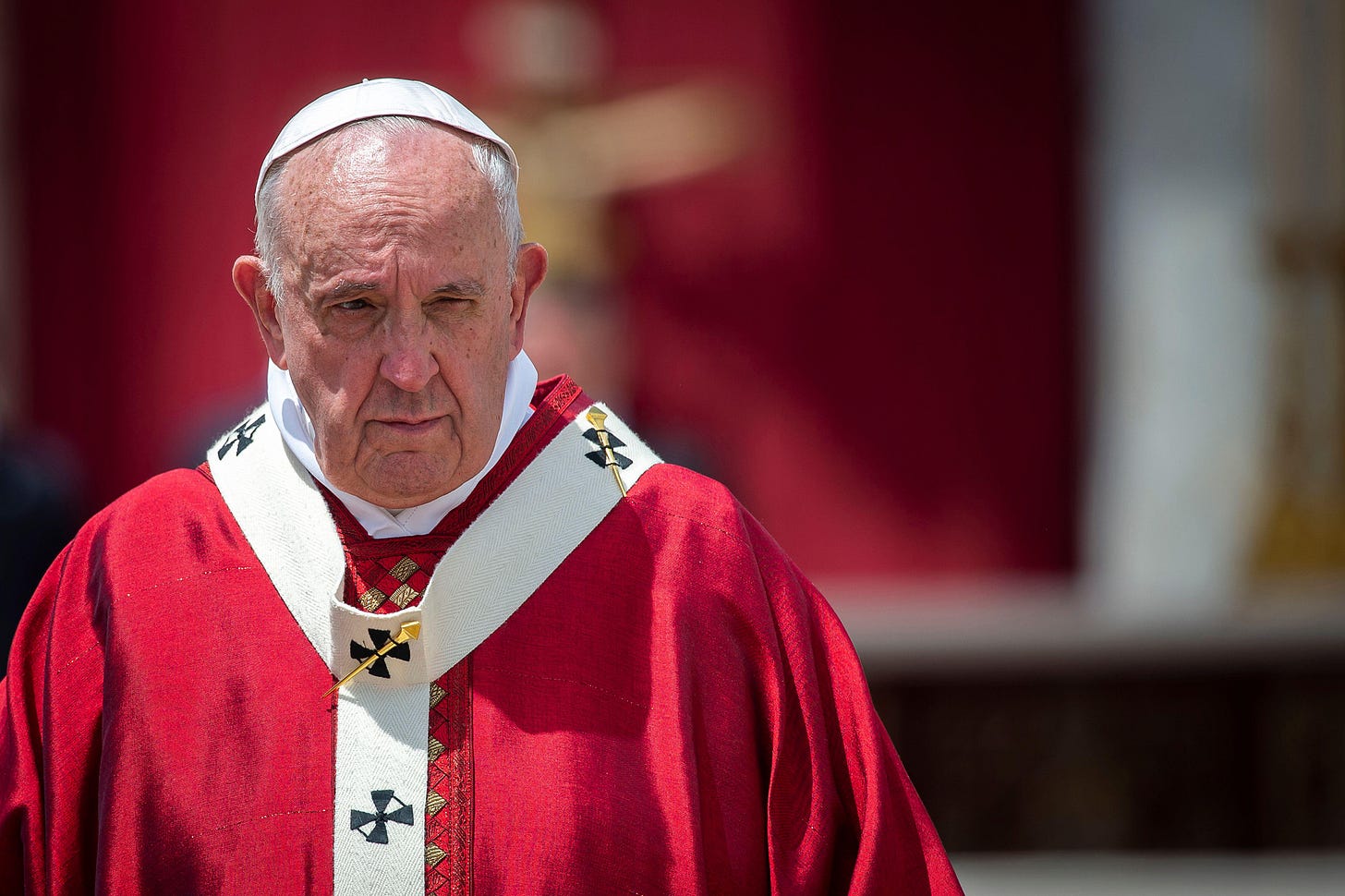Does Francis have a secret plan for peace in Ukraine?
The prospect of a papal peace deal has received attention in recent days, but Ukrainian and Russian government and Church officials say they’re unaware of a pontifical plan.
Pope Francis said Sunday that he has worked on a secret plan for peace between Ukraine and Russia, more than 14 months after Russia’s full-scale invasion again.
But while the prospect of a papal peace deal has received attention in recent days, Ukrainian and Russian government and Church officials say they’re not aware of a pontifical plan.

